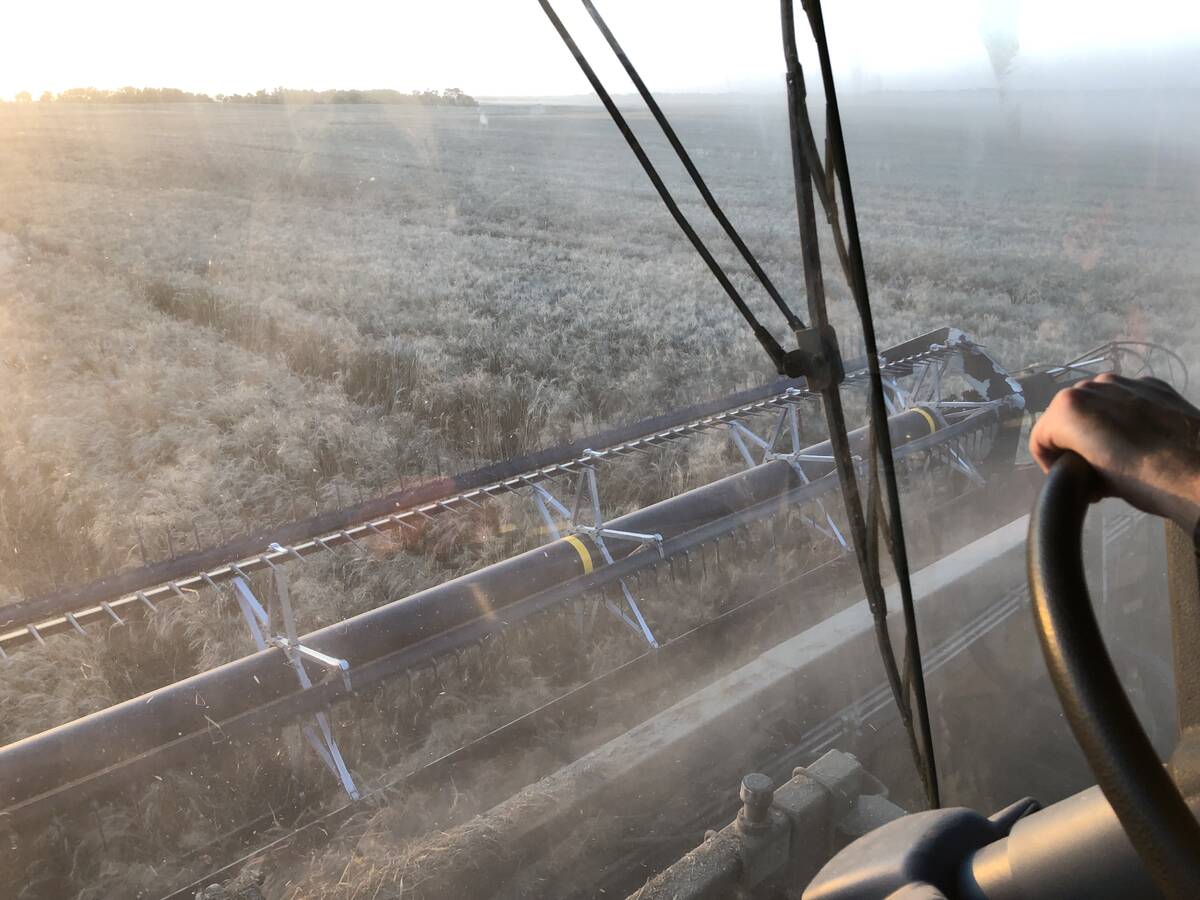WINDSOR, Ont. – Canada’s farmers should be more vocal in demanding that
the federal government sign the Kyoto treaty on climate change, an
environmental activist told a meeting of farm leaders Aug. 2.
Peter Tabuns of Toronto, representing Greenpeace Canada, told the
summer meeting of Canadian Federation of Agriculture directors that
parts of Canadian agriculture will suffer if average temperatures
continue to rise.
In addition to less stable weather, he said studies suggest prairie
droughts will be 13 times more likely and crop production in the region
Read Also

Mail strike disrupts grain sample delivery
The Canadian Grain Commission has asked farmers to consider delivering harvest samples directly to CGC offices, services centres or approved drop offs as Canada Post strike delays mail.
could fall by as much as 30 percent if average temperatures rise 2.5
degrees or more.
“Your organization should demand that the government ratify Kyoto,”
Tabuns said. “It has its weaknesses but it is far more effective than
anything else on the table.”
He said farmers should be lobbying for federal financial support to
fund investments in flood control, irrigation systems and other
projects aimed at reducing the effects of global warming.
They should also be warning governments that future weather patterns
will put pressure on programs such as crop insurance and disaster
relief.
Producers must press governments for a promise that farmers will be
compensated for the negative effects of future climate change, he added.
“If farmers are driven off the farm as a result of drought, they should
be compensated.”
Tabuns said the effects of climate change will be the most harmful on
the Prairies. Consequences will be less severe in Central and Eastern
Canada.
Ironically, agricultural production would increase in the initial
stages of a global warming trend, he said. A one-degree increase in
average temperatures would extend the growing season and increase
agricultural productivity in temperate zones.
However, by the time the warming trend escalates to 2.5 degrees “you
start to see the loss of the benefits you have gained from the early
stages.”
Tabuns joined World Wildlife Fund Canada consultant Rod MacRae on an
environmental panel during the CFA meeting.
Both argued that farmers and environmentalists have much in common and
are increasingly working together on issues such as environmental
stewardship, tillage practices and reduced pesticide use.
When asked whether genetic modification could be used to offset the
effects of climate change, Tabuns downplayed the advantages of genetic
engineering.
Genetic modification could be used to develop plant varieties more
resistant to heat and drought but there are other ways to create
varieties with such characteristics, he argued.
















